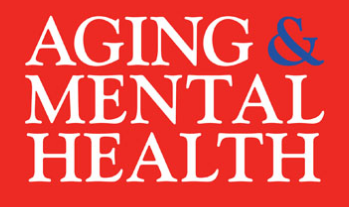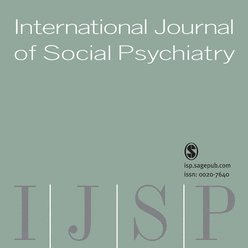
Autores:
González-Domínguez, S., Muñoz, M., Ausín, B., Castellanos, M. A., & Pérez-Santos, E.
Age-related self-stigma of people over 65 years old: Adaptation of the Internalized Stigma of Mental Illness scale (ISMI) for use in age-related self-stigma (IS65+) in a Spanish sample
To adapt the Internalized Stigma of Mental Illness scale (ISMI) to examine self-stigma associated with aging and to study the psychometric properties of this adapted version (IS65+). Finally, self-stigma associated with age in older people is studied. The IS65+ was administered to a random sample of 419 people over 65 years from Madrid (Spain) to study the psychometric properties of this adapted version. A regression model was estimated to identify the variables that best predict self-stigma associated with old age. The IS65+ showed good internal consistency (α = .89) and a factorial structure of five factors. The data showed lower levels of self-stigma related to age in the sample than the levels of mental illness self-stigma in people with mental illness. The variables associated with age-related self-stigma are: high levels of perceived loneliness, low levels of coping strategies, gender (female), mental disorder, major depressive disorder, low levels of optimism and quality of life, and high levels of functional impairment. A new version of ISMI (IS65+) with acceptable psychometric criteria has been developed for use in people over 65 years old.
González-Domínguez, S., Muñoz, M., Ausín, B., Castellanos, M. A., & Pérez-Santos, E. (2018). Age-related self-stigma of people over 65 years old: Adaptation of the Internalized Stigma of Mental Illness scale (ISMI) for use in age-related self-stigma (IS65+) in a Spanish sample. Aging & Mental Health, 22(2), 250-256. doi:10.1080/13607863.2016.1247422.







